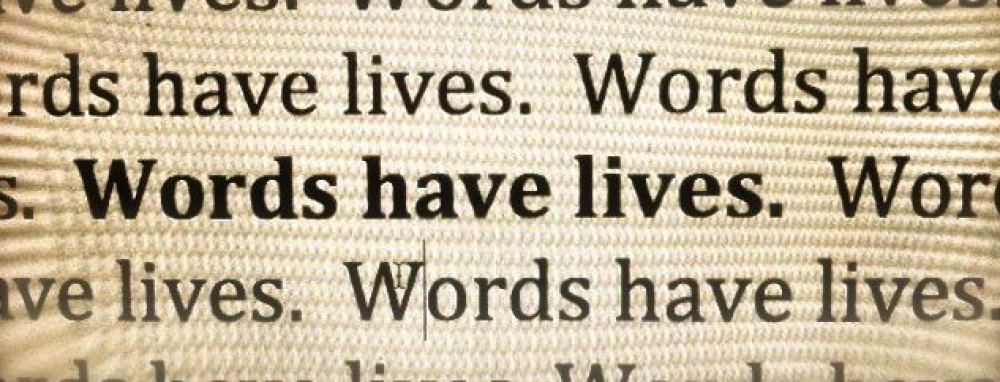Fragment
~ a small part broken or separated off something
- ~ an isolated or incomplete part of something
A sentence fragment is an incomplete sentence. Every sentence needs a subject/noun and a verb. A noun is a person place or thing, and a verb is an action or state of being. A sentence fragment is either missing a noun or a verb or, it doesn’t contain a complete thought. When looking for sentence fragments there is a tendency to look for short sentences. While it’s true that some sentence fragments are short, it’s not always the case. There are short sentences that are fine.
I am here. She is fun. We jumped. Rachel ate.
Each of these sentences is a complete sentence containing a subject and a verb.
Subject Verb
I am
she is
we jumped
Rachel ate
There are longer sentences that may not look like fragments, because they contain more information, but are still incomplete. This can happen when the subject or the verb is missing, or when the sentence does not contain a complete thought. Like this:
While eating cheetos, caressing her cat lovingly, and watching her favorite TV show.
There is no subject in that sentence. It is not clear who is eating cheetos. We can fix that sentence like this:
Jessica was eating cheetos, caressing her cat lovingly, and watching her favorite TV show.
Another way to fix that sentence is to complete the scenario that was set up by using the word while. Using the word while in the first version of that sentence, makes it seem as if something happened while Jessica was eating cheetos, caressing her cat, and watching TV. So, what happened?
Jessica fell asleep while eating cheetos, caressing her cat lovingly, and watching her favorite TV show.
Here is another sentence fragment.
For example what my father has done before.
This fragment contains a subject and a verb, but it does not contain a complete thought. It is a particularly difficult sentence fragment because we have no idea what it is talking about. It could be saying just about anything.
For example what my father has done before was take his helicopter when he was late for work. For example what my father has done before is stay inside of the house for the entire winter because he hates the cold.
Do you see what I mean?
Proofread your essays and look for sentence fragments. Check to see if each sentence has a subject and a verb. Then, make sure that each sentence contains a complete thought. See the links below for tutorials and exercises on sentence fragments.
https://owl.english.purdue.edu/owl/resource/620/1/
https://owl.english.purdue.edu/exercises/5/18/38





